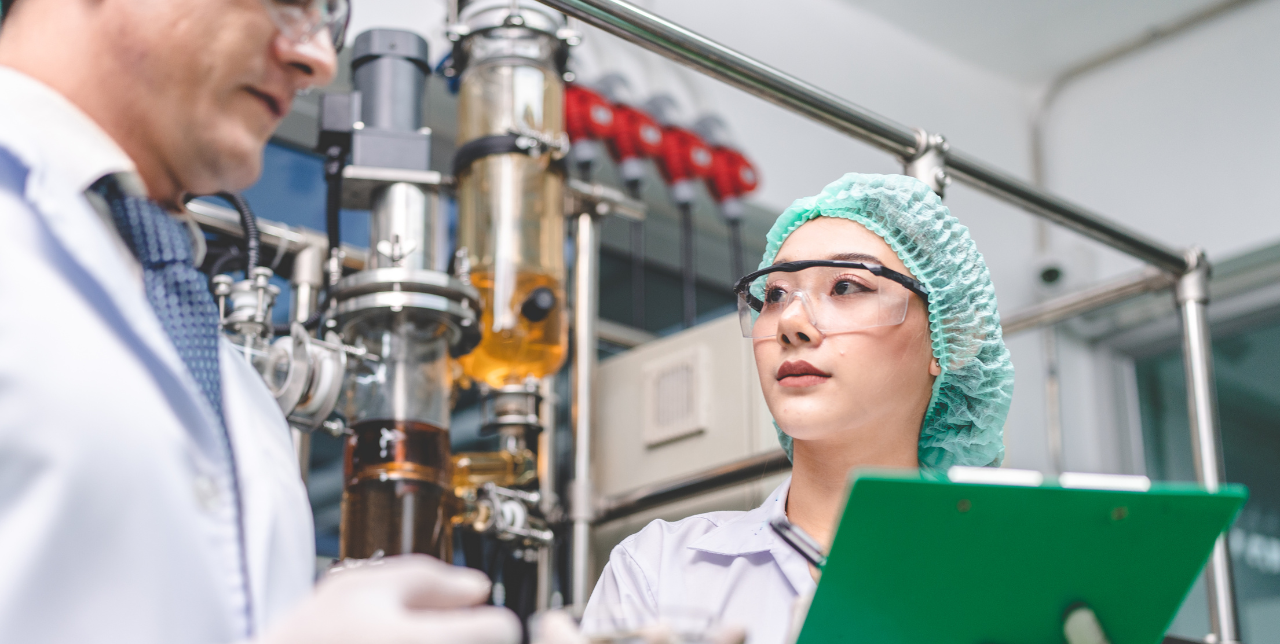Diving into the world of CBD products can be a bit confusing at first. Therefore, understanding the extraction process is key to appreciating the quality and types of CBD available. CBD extraction is a sophisticated science that plays a crucial role in how the final product affects you. Let’s break down the different methods of CBD extraction and explore the differences between CBD distillate and CBD isolate.
The Basics of CBD Extraction
CBD (cannabidiol) is extracted from the cannabis plant, specifically from the flowers and leaves where the concentration of CBD is highest. The goal of cbd extraction is to obtain a concentrated form of CBD that can be used in oils, edibles, and other products. Each method of extraction has its own benefits and drawbacks, influencing everything from the purity to the chemical composition of the final product.
Common Methods of CBD Extraction
1. CO2 Extraction: This method uses supercritical carbon dioxide to pull CBD and other phytochemicals from the cannabis plant. The equipment used in CO2 extraction can precisely control temperature and pressure, allowing for the selective extraction of compounds. This method is highly efficient and produces a pure, clean extract without the need for additional solvents, making it a popular choice among top CBD producers.
2. Ethanol Extraction: Ethanol extraction involves using high-grade grain alcohol as a solvent to extract the desired compounds. It is one of the oldest and most efficient methods for extracting CBD, capable of producing large quantities of product in a relatively short amount of time. However, careful processing is necessary to remove all traces of alcohol from the final product, ensuring it’s safe for consumption.
3. Oil Extraction: Oil extraction is a simple, low-cost method often used by small-scale producers and DIY enthusiasts. It involves using oils, typically olive or coconut, to extract CBD from plant material. While this method is safe and accessible, it results in a less concentrated product and may include more plant impurities compared to other methods.
CBD Distillate vs. CBD Isolate
Once you extract the CBD, you can process it into different forms, notably CBD distillate and CBD isolate. Understanding the differences between these products is crucial for consumers looking to find a product that best suits their needs.
CBD Distillate: CBD distillate is a highly refined cannabis extract often referred to as broad spectrum. This oil contains a range of cannabinoids, terpenes, and other plant compounds. The process involves multiple steps of refinement, including distillation, to enhance the concentration of CBD and other beneficial cannabinoids. CBD distillate typically contains small amounts of THC and benefits from the “entourage effect,” where the combined effect of cannabis compounds enhances the overall benefits.
CBD Isolate: CBD isolate, on the other hand, is the purest form of CBD, often containing 99% cannabidiol. Thus, The additional processing steps remove virtually all other cannabis compounds, including THC, terpenes, and flavonoids. Isolate is a great option for those who need to avoid THC entirely due to legal issues, job-related drug testing, or personal preference.
Conclusion
CBD extraction is a critical process that significantly impacts the effectiveness and quality of CBD products. Understanding these extraction methods and products helps you make informed choices in your CBD journey.

